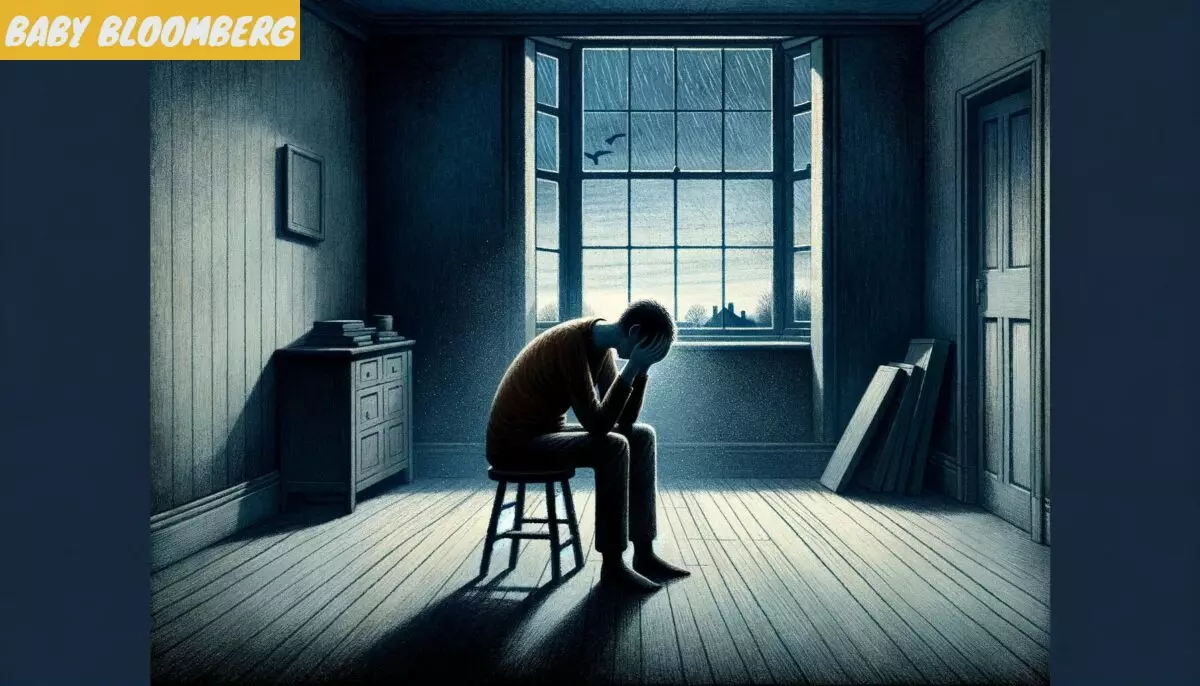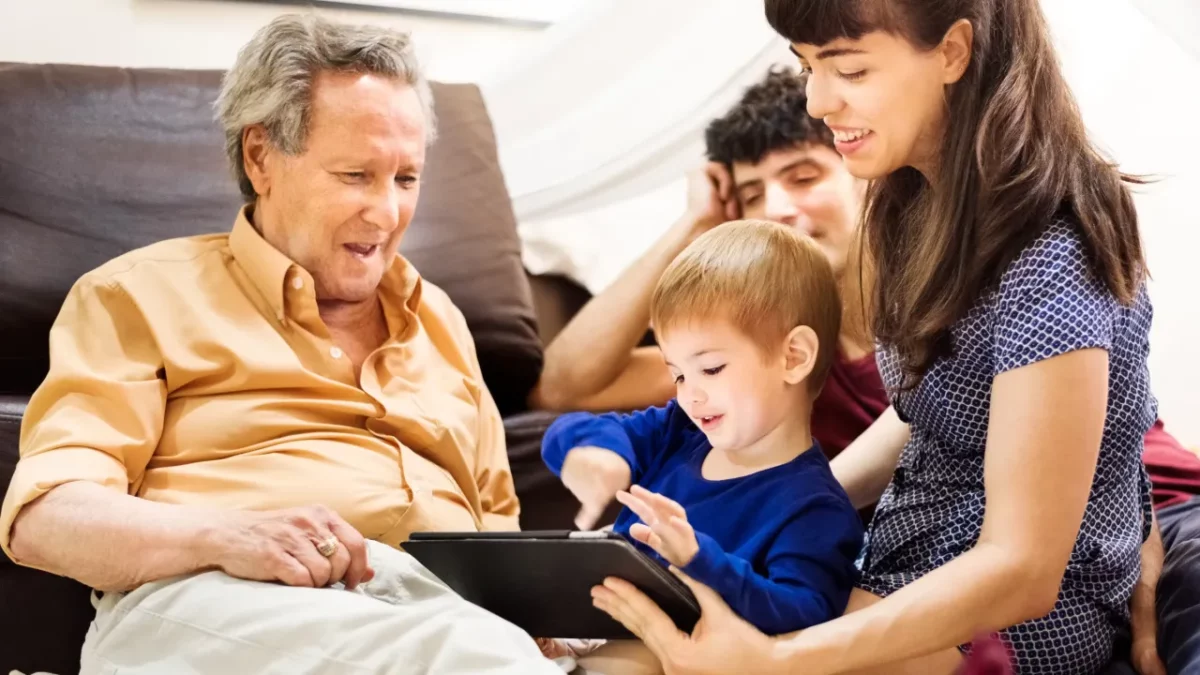Many children experience the heart-wrenching feeling of being left out by their peers. It’s a painful experience that can have long-lasting effects on a child’s self-esteem and overall well-being. Fortunately, renowned parent expert Caroline Maguire has developed a groundbreaking program called “Why Will No One Play with Me?” to help children struggling with social exclusion or disruption.
In this comprehensive guide, “Why Will No One Play with Me?: The Play Better Plan to Help Children of All Ages Make Friends and Thrive,” Caroline Maguire offers clear guidance and support to address this pressing issue. The book is designed for parents, educators, clinicians, and adults who want to learn how to help children overcome chronic social exclusion. It provides a tangible, easy-to-follow plan for parents to help their kids develop social skills and make friends.
The Importance of Addressing Social Exclusion
Social exclusion can have devastating consequences for children. It not only impacts their immediate feelings of loneliness and sadness but also affects their social and emotional development. Children who consistently feel left out are at a higher risk of developing anxiety, depression, and low self-esteem. They may also struggle academically and have difficulty forming healthy relationships later in life.
Understanding the Root Causes of Social Exclusion
To effectively address social exclusion, it’s important to understand its root causes. There can be various reasons why a child feels left out, such as:
- Lack of social skills: Some children may struggle with developing essential social skills, such as initiating conversations, maintaining eye contact, or reading social cues.
- Difficulty with empathy: Empathy plays a crucial role in building relationships. Children who struggle to understand others’ perspectives may find it challenging to connect with their peers.
- Differences in interests: Children with unique interests or hobbies may feel isolated if their peers don’t share the same passions.
- Bullying or teasing: Harassment from peers can lead to social exclusion and a fear of reaching out to others.
- Social anxiety or shyness: Children who are innately introverted or have social anxiety may find it difficult to engage with their peers.
The Play Better Plan for Social Inclusion
Caroline Maguire’s “Why Will No One Play with Me?” provides a comprehensive and actionable plan to help children overcome social exclusion. The Play Better Plan focuses on improving key areas that contribute to social skills development and friendship-building. Let’s explore the different components of this plan:
Enhancing Social Skills
To help children develop social skills, the Play Better Plan emphasizes the following strategies:
- Teaching emotional literacy: Helping children identify and express their emotions effectively is essential for building healthy relationships.
- Teaching active listening: Teaching children to actively listen and engage in conversations helps them connect with others on a deeper level.
- Practicing perspective-taking: Encouraging children to consider others’ thoughts and feelings fosters empathy and promotes social connection.
Building Social Intelligence
Social intelligence is the ability to understand social situations and adapt behavior accordingly. The Play Better Plan focuses on developing social intelligence through:
- Teaching non-verbal communication: Understanding body language, facial expressions, and tone of voice is crucial for successful social interactions.
- Practicing assertiveness: Teaching children to express their needs assertively without aggression or passivity empowers them in social situations.
- Developing problem-solving skills: Equipping children with problem-solving strategies promotes effective conflict resolution and strengthens relationships.
Fostering Self-Regulation
Self-regulation plays a vital role in managing emotions, impulses, and behavior. The Play Better Plan helps children foster self-regulation by:
- Developing emotional control: Guiding children to recognize and manage their emotions enables them to respond appropriately in social interactions.
- Teaching relaxation techniques: Teaching children relaxation techniques, such as deep breathing or mindfulness, helps them manage stress and anxiety.
- Encouraging self-reflection: Encouraging children to reflect on their actions and the impact they have on others promotes self-awareness and empathy.
Frequently Asked Questions (FAQs)
- How can I help my child if they struggle with social skills?Engage in role-playing activities, social stories, and social skills groups to practice and reinforce social skills. Encourage your child to share their feelings and concerns openly.
- Is social exclusion always a result of bullying?While bullying can contribute to social exclusion, it’s not the sole reason. Other factors, such as lack of social skills or differences in interests, can also lead to social exclusion.
- Can social exclusion have long-term effects on children?Yes, social exclusion can have long-term effects on a child’s social and emotional well-being, as well as their overall development. It’s crucial to address these issues early on to prevent further consequences.
- How can I help my child build empathy?Encourage your child to engage in perspective-taking exercises, such as imagining how someone else might feel in a particular situation. Promote acts of kindness and teach the value of empathy through modeling.
- Are there any support groups or resources available for parents dealing with social exclusion?Yes, there are various support groups and online communities where parents can connect with others facing similar challenges. Additionally, “Why Will No One Play with Me?” provides a wealth of resources and practical guidance for parents.
- How long does it take to see improvements in my child’s social skills?The timeline for improvement can vary for each child. Consistency and patience are key. With consistent practice and support, your child can start experiencing positive changes in their social skills over time.
Conclusion
Social exclusion can have detrimental effects on a child’s emotional well-being, self-esteem, and overall development. Caroline Maguire’s “Why Will No One Play with Me?” offers a groundbreaking program that equips parents, educators, and clinicians with practical strategies to help children overcome social exclusion. By focusing on enhancing social skills, building social intelligence, and fostering self-regulation, parents can empower their children to make friends and thrive socially. Let’s take the first step towards creating an inclusive and supportive environment for all children.











